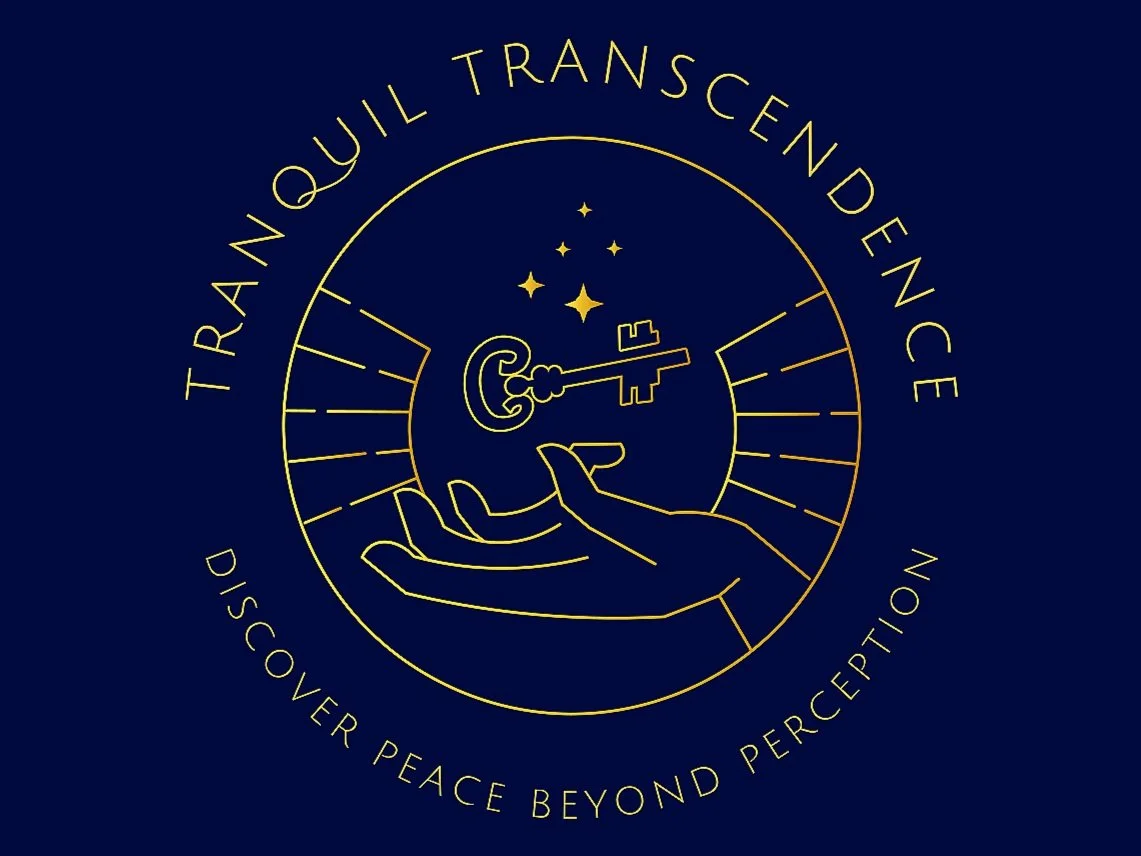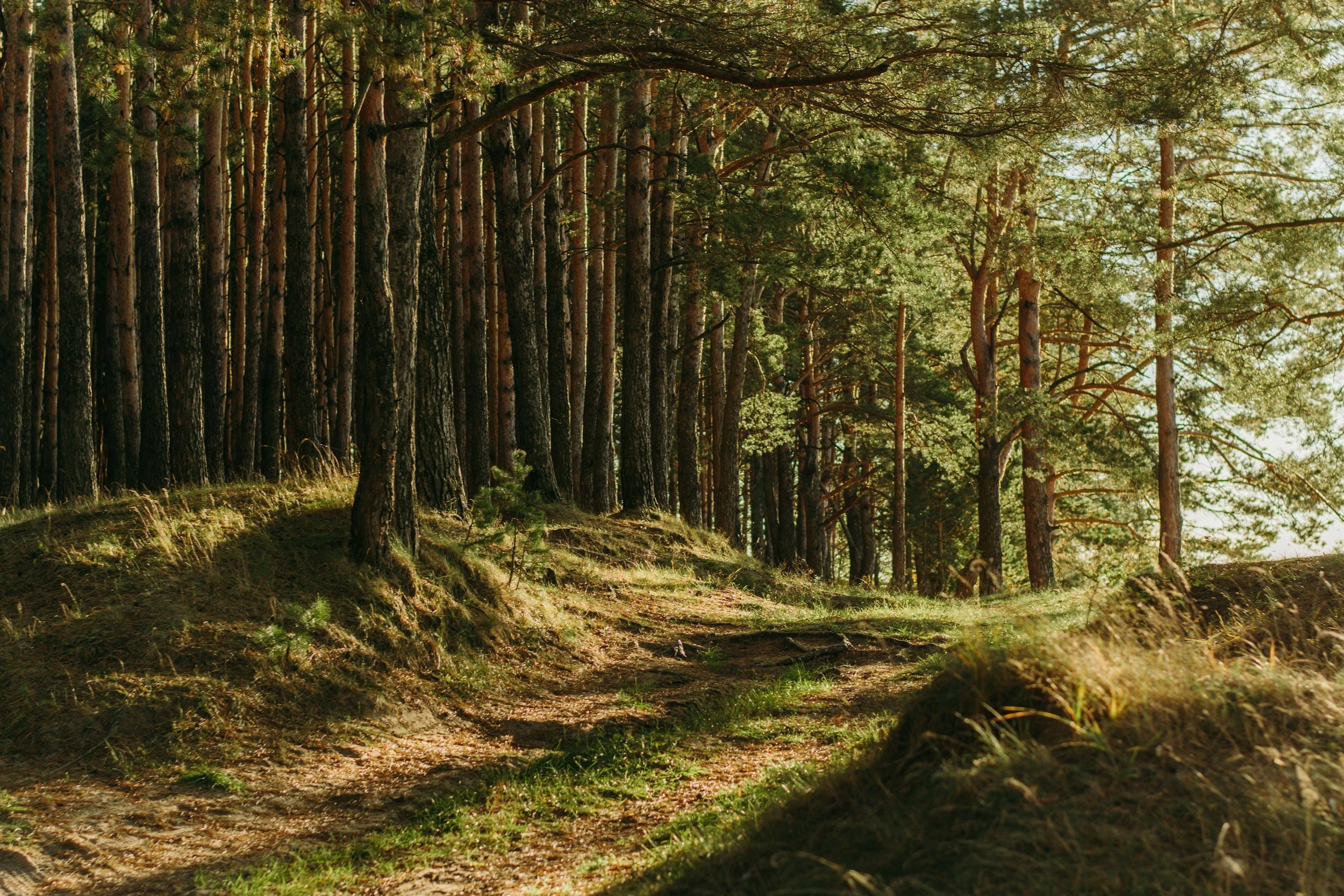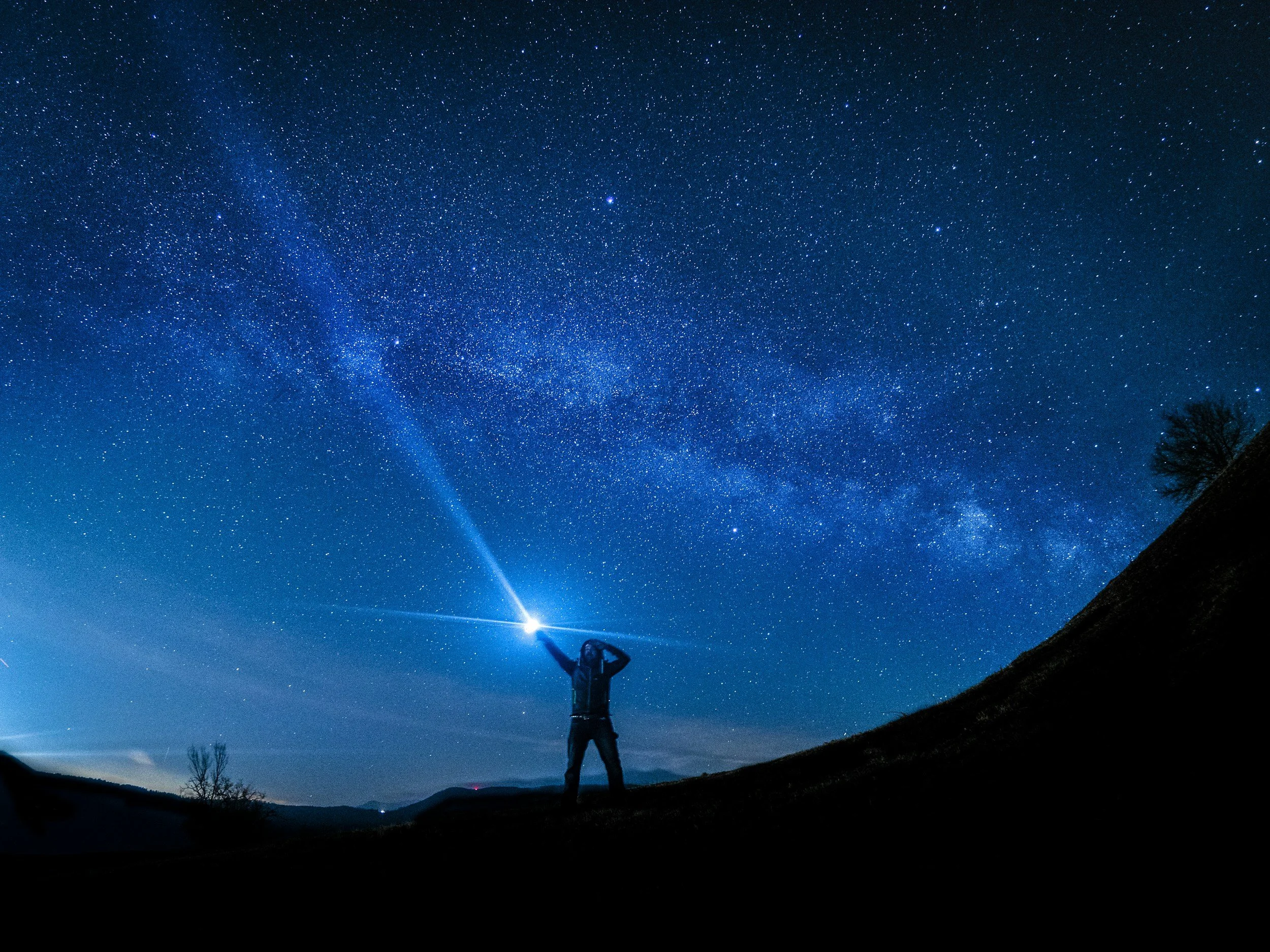What Is a Psychedelic Facilitator or Guide?
A psychedelic facilitator (also called a guide, space holder, or sitter) is someone who supports another person through a psychedelic experience — not by directing it, but by holding space for it to unfold safely and meaningfully.
Facilitators don’t control the journey.
They create the conditions for healing — emotional safety, physical comfort, presence, and trust.
Why a Guide Can Make All the Difference
Psychedelics can be deeply therapeutic, but they also make people vulnerable — emotionally, physically, and spiritually. During a journey, a person might:
Re-experience trauma
Lose their sense of identity
Cry, shake, or feel overwhelmed
Feel euphoric, terrified, or confused
Speak in metaphors or go silent
A trained, grounded facilitator helps anchor the experience and keep the space safe. They don’t interfere unless needed, but their calm presence reminds the person:
You’re not alone. You’re safe.”
What a Facilitator Does
We Do…Why It Matters
Prepare the participant - We meet beforehand to set intentions, explain what to expect, and screen for safety.
Create a safe container - This includes a calm space, clear boundaries, emotional presence, and physical care.
Stay grounded during the journey - We remain present, centered, and nonjudgmental no matter what arises.
Support without leading - We allow the journey to unfold without trying to "fix" or interpret it for the participant.
Offer care and integration afterward - We help the person make meaning of their experience and carry insights into daily life.
Maintain confidentiality and consent - Trust is everything — nothing is shared without permission.
What a Facilitator Does NOT Do
We Do NOT…Why It’s Harmful
Give medical advice - We are not doctors. We never advise stopping medication without medical guidance.
Push someone into a journey - Consent must be full, informed, and never coerced.
Touch without clear, prior consent - Even nurturing touch (like holding a hand) must be previously discussed and agreed upon.
Make the journey about ourselves - This is not our story. Our egos stay out of the room.
Promise healing, visions, or miracles - We honor mystery. Each journey is unique and cannot be predicted.
Offer substances illegally or unethically - Integrity means respecting local laws, safety, and the sacredness of the medicine.
Holding Space: What It Really Means
"Holding space" means staying fully present with someone — without judgment, agenda, or fear — while they go through something hard, beautiful, or unknown.
In psychedelic sessions, this might look like:
Sitting in silence while someone cries
Gently reminding them to breathe
Playing supportive music
Offering grounding cues like a hand on the floor or a soft voice
Letting them move through joy, fear, grief, or insight — at their own pace
We hold space like a midwife holds space for birth — not by doing the birthing, but by trusting the process, honoring the pain, and being there through it all.
Safety: Emotional, Physical, and Energetic
A good facilitator provides a safe container — emotionally, physically, and energetically.
Emotional Safety
The person feels free to cry, scream, be silent, or speak their truth
They’re not judged, interrupted, or “fixed”
The facilitator can handle big emotions calmly
Physical Safety
The environment is calm, clean, and private
The person will not be touched without consent
Medical support plans are in place in case of emergency
Energetic Safety
The facilitator is doing their own inner work
They are not projecting their beliefs or traumas onto the participant
They protect the sacredness of the space — not just physically, but spiritually
Integrity & Doing Our Own Work
Facilitators are not above the medicine. We are not gurus. We are students too — always learning, healing, and growing.
To hold space well, we must:
Have faced our own shadows
Understand our emotional triggers
Stay humble and curious
Seek supervision or mentorship when needed
Keep growing through therapy, study, ceremony, and reflection
If we don’t do our own work, we risk projecting our wounds onto the people we serve. That can cause harm — even with good intentions.
"Your presence is only as healing as your ability to be with someone else's pain without needing to change it."
Trauma Awareness and Consent Culture
Many people come to psychedelics carrying trauma — including from previous psychedelic experiences.
A facilitator must be:
Trauma-informed
Skilled at nervous system regulation
Comfortable with dissociation, fear, and catharsis
Respectful of autonomy, consent, and boundaries at all times
Consent isn’t just about touching. It’s also about:
The playlist used
The words spoken
How we respond when someone is struggling
Whether we offer interpretation or silence
Integration: The Journey Isn't Over When the Trip Ends
Integration is how the medicine becomes wisdom.
Facilitators support people to:
Talk through what they saw or felt
Identify lessons or insights
Understand emotional releases or memories
Ground themselves back in their daily life
Turn the experience into action, change, or growth
Without integration, even beautiful trips can fade into confusion.
Final Thoughts: The Sacred Responsibility
Being a psychedelic guide is not about ego, status, or power. It is about humility, service, and love.
It means being willing to:
Sit with someone in their darkest moment
Witness their rawest truth
Honor their transformation without trying to direct it
It means remembering that:
This isn’t our journey
We are here to hold the lantern, not lead the way




